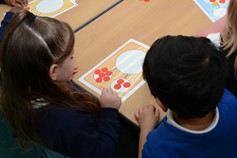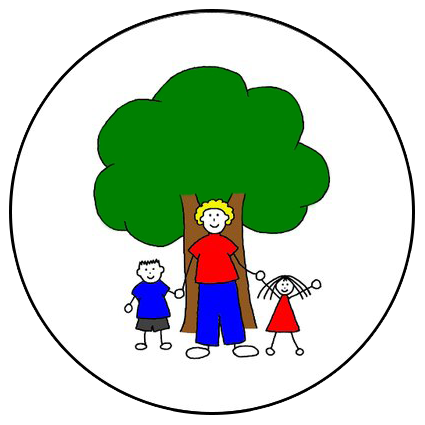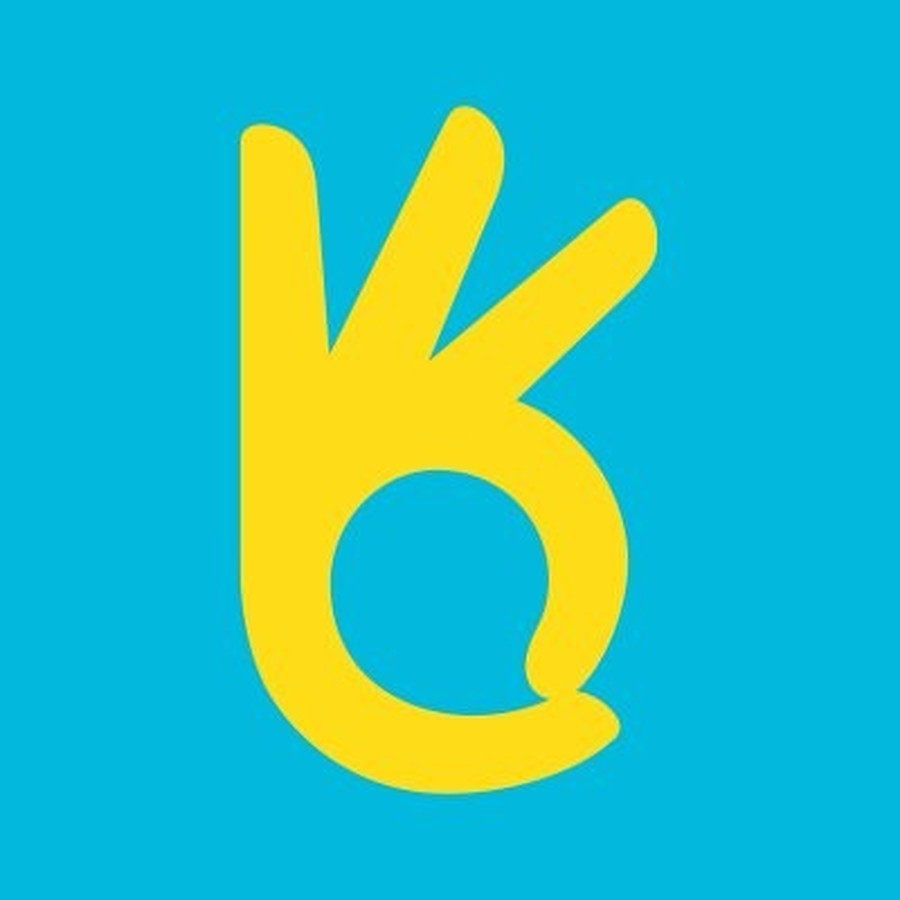EYFS Maths
At Donnington Wood Infant School and Nursery we value the importance of children having a secure Mathematical understanding. As a school we recognise that early number development is key to children being successful in the wider mathematics curriculum. Early number sense plays a vital role in a child being able to access the rest of the maths curriculum in two ways; content that enhances the development of number (measurement, data, operations) and content directly affected by how well early number concepts have been developed (basic facts, place values and computation)
Number sense
Number sense is the ability to be flexible with numbers. It helps children understand both how our number system works, and how numbers relate to each other. Children who develop number sense have a range of mathematical strategies at their disposal. It refers to a child’s fluidity ad flexibility with numbers. They know how to use them and how to adapt them to meet different situations.
Good number sense helps children manipulate numbers to make calculation easier and gives them confidence to be flexible in their approach to solving problems. Children who have good number sense can assess how reasonable an answer is, and routinely estimate an answer before calculating it. They look for connections and readily spot patterns in numbers, which helps them predict future outcomes. They have several approaches to calculating and problem solving and can use and adapt these in new situations. Children with good number sense enjoy playing and exploring numbers and number relationships. As a result of these strategies, they can often find the most efficient solution to the problem.

At Donnington Wood Infant School and Nursery we recognise that children develop number sense gradually, overtime and at different rates through exploring numbers, visualising them in a variety of contexts, and relating them in ways that are not limited by formal methods. We will carefully track children’s number sense by checking for the following;
- An awareness of the relationship between number and quantity
- An awareness of number symbols, vocabulary and meaning
- The ability to engage in systematic counting including notions of cardinality and ordinality
- An awareness of magnitude and comparisons between different magnitudes
- An understanding of different representations of number
- Competence with simple mathematical operations
- An awareness of number patters including recognising missing numbers
We now that very young children can recognise the number of items in a group without having to count them. This is called subitising. Subitising is a fundamental skill in the development of children’s understanding of number. Subitising is a complex skill that needs to be developed and practised through ongoing practical experience.
Our EYFS Maths curriculum is written to ensure that revisiting and repetition embed children skills in number sense and subsisting. Staff are knowledgeable about the importance resources play in this experience. Firstly recognising that children’s learning is better when practical activities take place and secondly that over stimulating resources can act a distraction to the intended learning.
Our approach to the curriculum in mathematics is based upon a language rich, active learning experience. We believe that children learn best if they are exposed to new concepts with hands on practise and immersion in new technical vocabulary.
Our children are taught mathematical knowledge through the support of concrete resources and pictorial representations, before moving on to a more abstract approach.
Concrete
Children use practical equipment e.g. Numicon, counting bears and counters to gain a solid understanding of mathematical concepts, making links with new learning and developing analytical thinking for problem solving. Across school every new concept in mathematics is taught practically and in real contexts first, to support understanding and deepen learning.
Pictorial
When children are ready, they replace concrete apparatus with a pictorial representation - essentially a drawing or picture which still provides them with a support to access their learning. This is sometimes used directly alongside the concrete resources to aid understanding.
Abstract
Once children really understand the concept, they can then move into the abstract - using numbers and symbols and formal written methods, as well as developing their mental recall.
At the point in which children are secure with their fluency in areas of the mathematics curriculum - their thinking is challenged and extended through open ended, high order questioning and problem-solving activities, as well as variation in how problems and questions are presented.
At Donnington Wood Infant & Nursery School we have in place, for each subject area, a knowledge and skills progression document, which is used for planning, to ensure sequenced and appropriate content for specific year groups, as well as a build-up of knowledge and skills using ‘small steps’.
Alongside this, we use the recently produced Department for Education materials, (Teaching Mathematics in Primary Schools Guidance, July 2020) and the White Rose Scheme for mathematics, to ensure that key learning and understanding has taken place by the end of a specific year group, ensuring children are then ready to extend and deepen their knowledge in subsequent years.
Aside from these documents, teachers will plan activities and opportunities for differentiation, in order to meet the needs of all learners.
Teachers use a 'Cold Piece' of work to assess’ children's prior knowledge when planning a unit of work. From the assessment of the 'Cold Piece', individual targets are set and the learning journey begins. Children are introduced to the key concepts, vocabulary and real-world application of the particular area of math’s. Once the math’s skills have been taught they then apply their learning with a 'Hot Piece', where they can see the progress that they have made.
Maths long term planning - Reception
Calculation Policy



